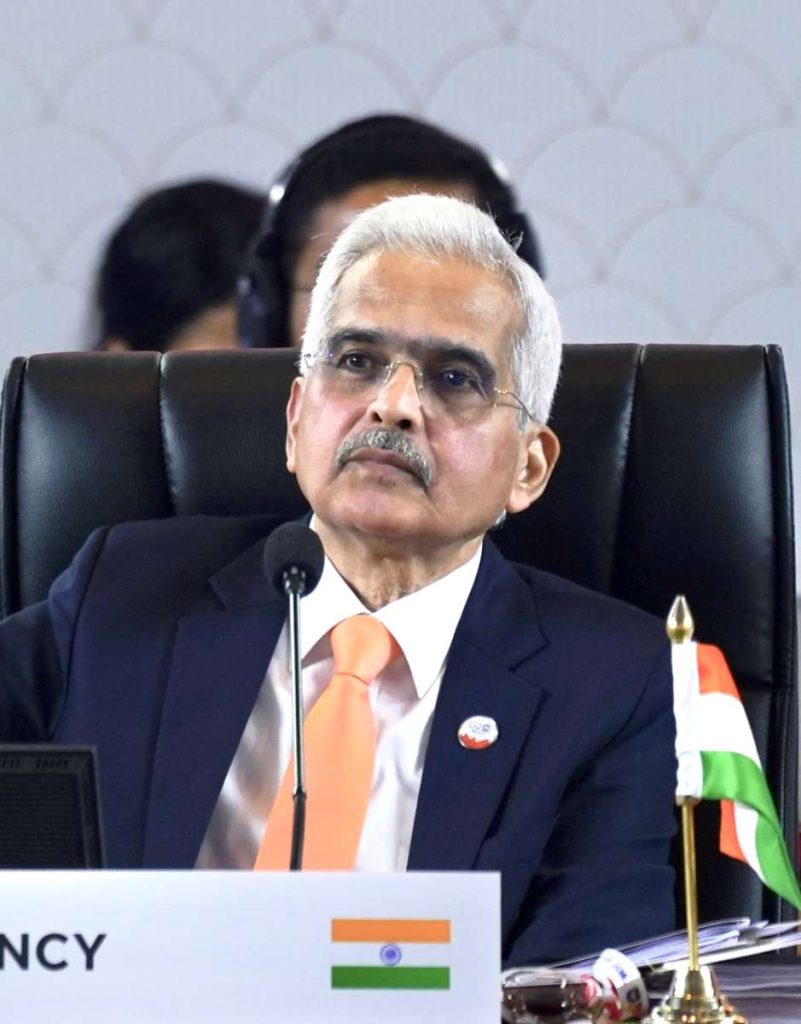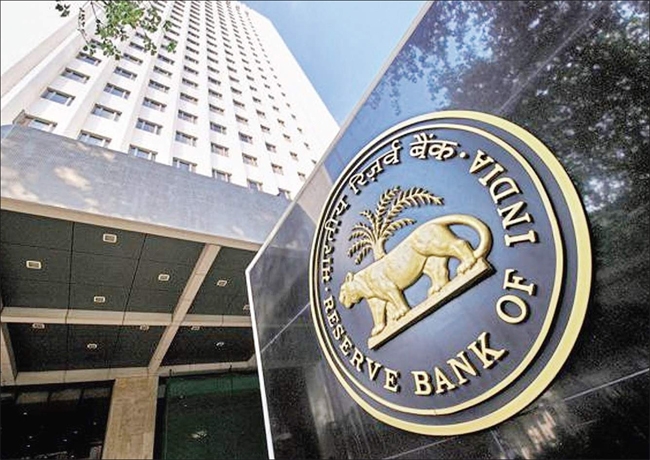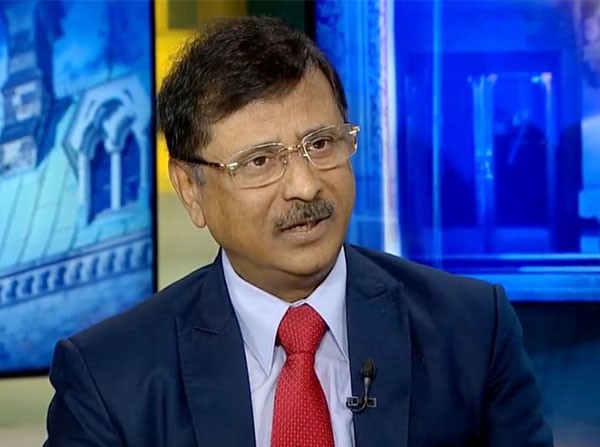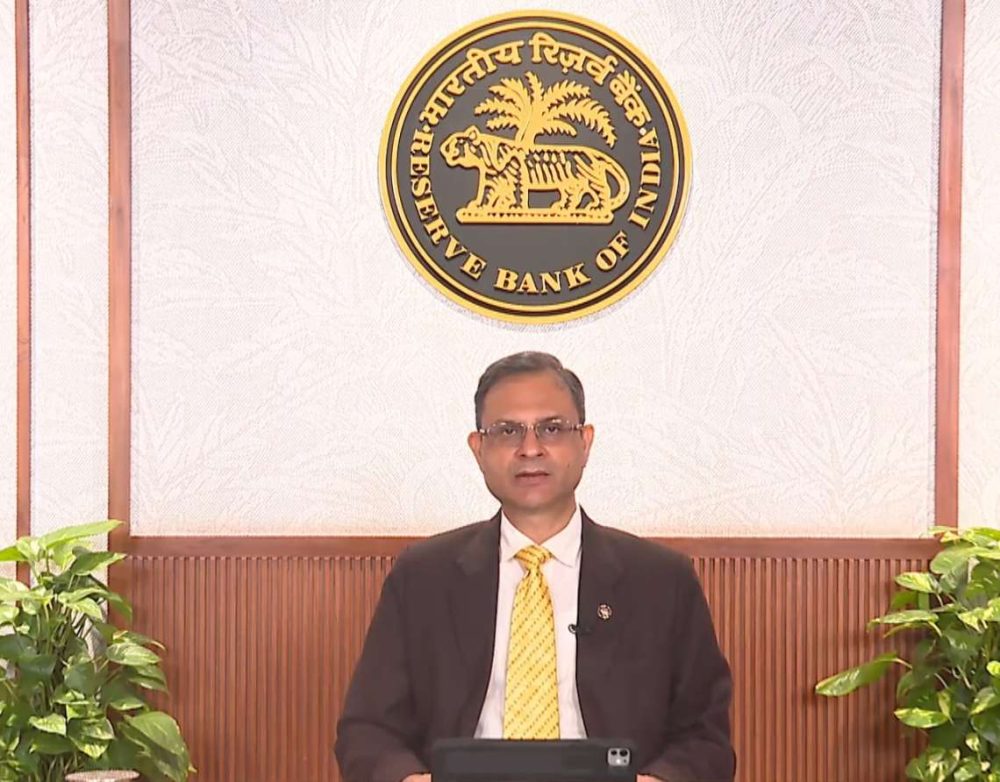Fitch Ratings views these changes as a credit-positive effort by regulatory authorities to control emergent risks in consumer credit.
In a proactive move aimed at mitigating potential systemic risks associated with the rapid growth of consumer credit, the Reserve Bank of India (RBI) has implemented stringent measures, impacting both banks and non-bank financial institutions (NBFIs).
Fitch Ratings has provided insights into the repercussions of these regulatory adjustments on the financial sector.
The central focus of the regulatory adjustments is to mandate banks and NBFIs to allocate more capital against unsecured consumer credit.
Fitch Ratings views these changes as a credit-positive effort by regulatory authorities to control emergent risks in consumer credit.
Notably, the growth of unsecured credit card loans and personal loans by banks witnessed an impressive 29.9 per cent and 25.5 per cent year-on-year increase, respectively, in the first half of the financial year ending March 2024.
This surge in consumer credit raised concerns, prompting the need for preventive measures.
The increasing exposure to unsecured consumer credit considered a riskier loan category, signals a greater risk appetite among banks and NBFIs.
This trend is attributed to the institutions seeking to protect net interest margins (NIMs) amid fierce competition for secured retail loans.
The regulatory changes introduce higher risk weightings, aligning for both banks and NBFIs. While risk weightings for credit-card lending increase to 125 per cent (from 100 per cent previously) for NBFIs, banks maintain a higher 150 per cent.
Microfinance is excluded from higher risk weights for NBFIs, distinguishing it from banks.
Fitch Ratings estimates that the measures may lower the common equity Tier 1 (CET1) ratio of the banking system by around 30 basis points.

The impact varies for Fitch-rated banks, ranging from 6 to 34 basis points, with a double-digit impact expected for private banks like State Bank of India (SBI) and Canara Bank.
Private banks, with relatively better CET1 capitalization, are expected to maintain reasonable capitalization even after the changes.
The measures, however, may not significantly lower banks’ capital scores or standalone Viability Ratings (VRs), though SBI’s VR headroom could narrow.
Fitch-rated NBFIs, including Shriram Finance Limited, Muthoot Finance Ltd, IIFL Finance Limited, and Manappuram Finance Limited, witness an impact on capitalization ratios, loan growth, and future asset quality.
However, the overall impact is expected to be limited, with these entities benefiting from reduced systemic risk.
NBFIs may experience a rise in bank funding costs by 40 to 60 basis points. This assumes that banks pass on capital costs from higher risk weights on loans to NBFIs.
Larger NBFIs are better positioned to negotiate favorable terms with banks, while lower-rated entities could face greater increases.
Loans to housing finance companies and NBFIs eligible for priority sector classification are excluded from the adjustment, benefiting entities like Shriram due to their priority sector exposure.
The regulatory changes aim to strike a balance between fostering consumer credit growth and preventing the buildup of systemic risks.
The phased implementation of these measures underscores the regulators’ commitment to maintaining financial stability while allowing financial institutions time to adapt to the new norms.
As India’s financial landscape undergoes these adjustments, stakeholders are closely monitoring the impact on lending practices, risk management, and overall economic resilience. (ANI)
ALSO READ: Salesforce India to Expand Footprint














